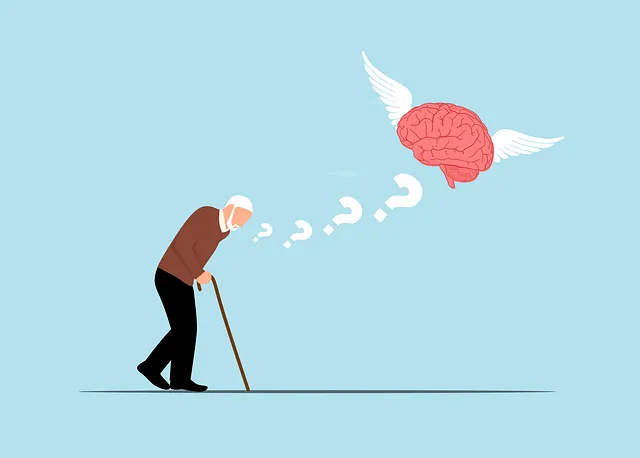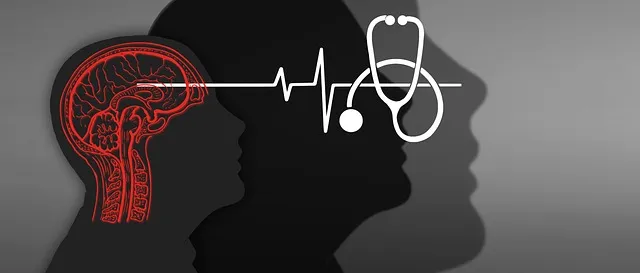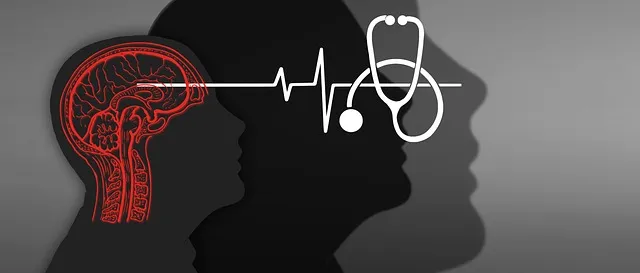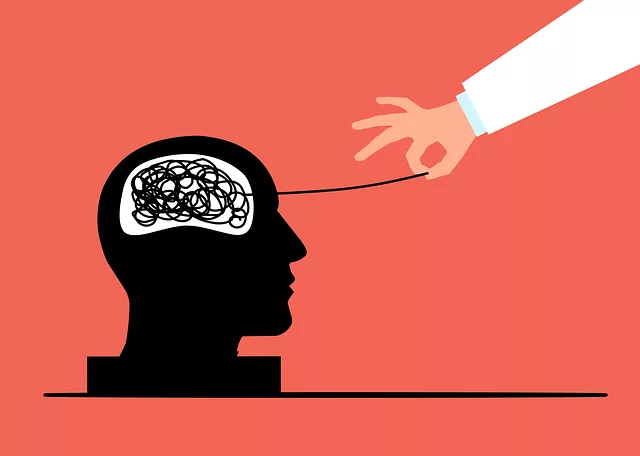Mood regulation is a critical aspect of mental wellness, as it enables individuals to cope with life's challenges. Kaiser, a leading healthcare provider in Golden, offers extensive mental health services focusing on effective mood management. Through evidence-based practices like Mindfulness Meditation and Trauma Support, plus tailored coaching programs, Kaiser helps members develop coping mechanisms, enhance emotional intelligence, and promote a positive mindset. Prioritizing self-care and incorporating exercises for self-awareness into daily routines is key to long-term mood regulation, reducing stress, and improving work-life balance—all services available through Kaiser's comprehensive mental health offerings in Golden.
Mood regulation is a vital skill for navigating life’s challenges. Understanding how to manage our emotions effectively can significantly impact overall well-being and quality of life. This article explores various aspects of mood regulation, starting with the significance of mental health and highlighting what services Kaiser offers in support. We discuss practical strategies for daily life and emphasize the role of self-care in long-term mood management, including a focus on what does Kaiser provide for mental health needs.
- Understanding Mood Regulation and Its Significance
- Exploring Kaiser's Mental Health Services: What They Offer
- Effective Mood Regulation Strategies for Daily Life
- Incorporating Self-Care Practices for Long-Term Mood Management
Understanding Mood Regulation and Its Significance

Understanding Mood Regulation and Its Significance
Mood regulation is a crucial aspect of mental health and well-being. It involves managing and maintaining emotional states to enhance overall quality of life, especially in today’s fast-paced and demanding world. According to the Golden Standard of Mental Health Services, as offered by Kaiser, effective mood regulation strategies are essential for fostering resilience against stress, anxiety, and depression. By integrating Mood Management techniques into daily routines, individuals can better navigate life’s challenges and promote mental wellness.
Mental Health Awareness has grown in prominence, leading to increased recognition of the importance of early intervention and prevention. Mental Wellness Coaching Programs play a pivotal role in this regard, providing guidance and support tailored to individual needs. Through these programs, one can develop effective coping mechanisms, enhance emotional intelligence, and cultivate a more positive outlook—all integral components of a holistic approach to Mood Management.
Exploring Kaiser's Mental Health Services: What They Offer

Kaiser is known for providing comprehensive healthcare services, including a range of mental health support options. Their commitment to member well-being extends to addressing various psychological needs. If you’re wondering does Kaiser offer mental health services?, the answer is an unequivocal yes. They offer a diverse array of resources designed to help individuals manage and improve their mental health.
Within their mental health services, Kaiser incorporates evidence-based practices such as Mindfulness Meditation to promote relaxation and stress reduction. Additionally, they provide specialized Trauma Support Services for those who have experienced traumatic events. For effective communication and relationship building, Kaiser also teaches valuable Conflict Resolution Techniques.
Effective Mood Regulation Strategies for Daily Life

Mood regulation is a vital part of daily life, especially for healthcare providers who often face high-stress situations and the risk of burnout. Effective strategies can help manage and maintain emotional well-being. One key approach is self-awareness exercises, which encourage individuals to recognize their feelings and triggers. This proactive mindset allows for timely intervention and adaptation to changing circumstances.
For those seeking support, Kaiser offers comprehensive mental health services that cater to various needs. These services acknowledge the unique challenges faced by healthcare professionals and provide tools such as burnout prevention strategies. By prioritizing self-care and incorporating these practices into daily routines, individuals can enhance their resilience and overall mood regulation, ensuring a healthier and more sustainable work-life balance.
Incorporating Self-Care Practices for Long-Term Mood Management

Incorporating self-care practices is a key strategy for long-term mood management, and organizations like Kaiser recognize this with their comprehensive mental health services. Beyond addressing acute issues, self-care focuses on preventive measures to maintain emotional well-being. Practices such as regular exercise, adequate sleep, balanced nutrition, and mindfulness techniques have been scientifically proven to regulate mood and reduce the risk of depression and anxiety. These simple yet powerful tools are often accessible and affordable, making them essential components of any mental health management plan.
Kaiser’s Mental Health Education Programs design their initiatives around the concept of Mind Over Matter, emphasizing the connection between physical, mental, and emotional health. By integrating self-care into daily routines, individuals can effectively manage stress, a significant contributor to poor mood states. This proactive approach not only enhances overall quality of life but also empowers individuals to take control of their mental well-being, fostering resilience and adaptability in navigating life’s challenges.
Mood regulation is a vital skill for maintaining overall well-being, and with resources like Kaiser’s comprehensive mental health services, individuals in The Golden State have access to powerful tools. By understanding mood dynamics and employing effective strategies daily, people can significantly improve their emotional resilience. Incorporating self-care practices further enables long-term mood management, fostering a healthier and more balanced life. Remember, seeking help is a sign of strength, and with the right support, managing moods effectively is achievable.






